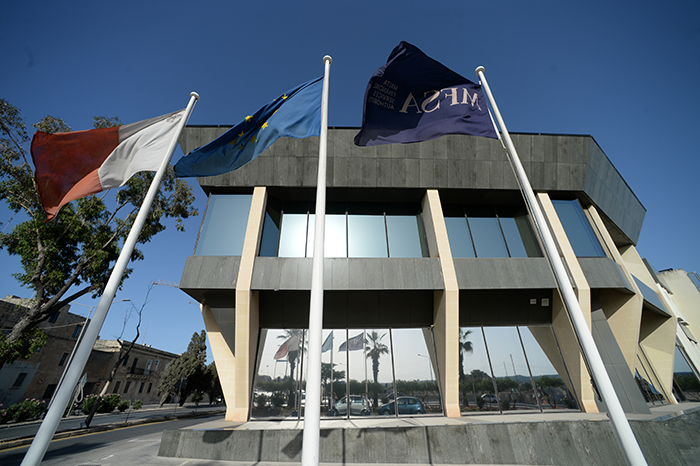The effects of Malta’s removal from the grey list is unlikely to generate any immediate changes, with the international payment system needing “some time” to adapt to the country’s renewed status, according to APS Bank, while HSBC Bank Malta took a similarly muted line, saying it “continues to operate its business as usual”.
The two leading banks’ comment followed those of BOV, Malta’s largest bank, which yesterday warned customers not to expect “any significant changes” to their banking experience.
Last week, the Financial Action Task Force voted to bring Malta in from the cold of the grey list, a decision roundly welcomed and seen as the start of a fresh chapter for the country in general and its financial services sector in particular.
Malta’s main banks have similarly celebrated the decision, saying they expect new investments in a number of economic areas.
HSBC Malta said the decision to remove Malta from the grey list “is testimony to the significant progress our country has made in this area”.
“It remains imperative that Malta continues embedding an enduring and deep-rooted financial crime risk culture within our economy and society. This is vital for the country’s reputation, sustainability of the financial services sector, and trustworthiness as a competitive jurisdiction,” a spokesperson for the multinational bank said.
The comments echo those made by BOV, which said the “major development” is the stronger investment environment arising from Malta’s rapid exit from the list.
Similarly, for APS Bank, “the positive effect of the removal of Malta from greylisting will boost the country’s reputation and increase investment.
“Having said that,” APS continued, “investors are attracted not only by reputation but also by the presence of an ecosystem which is conducive to overall ease-of-doing- business. This needs continuous attention and improvements, and the participation of all economic actors, from government to regulators to private sector entities.”
As for its own operations, the Church-owned bank, which last month completed a highly successful IPO, explained that, “in general, the practical effects of the greylisting were muted, apart from an increase in bureaucracy related to due diligence and KYC processes for cross-border payments”.
“In the same manner, removal of Malta from greylisting will not alter much the way we operate, other than streamlining certain cross-border business flows”, referring to international payments and relationships with correspondent banks.
An APS Bank spokesperson said, however, that the international payment system will “need some time” to adapt to Malta regaining its status as a whitelisted country, adding that the additional controls put in place as part of sanctions against Russia add another layer of complexity “which will be with us for many months to come”.
On its part, HSBC Malta said it continues to operate its business “as usual” and “is determined to continue providing an excellent service to its personal and business customers”.
“HSBC Bank has zero appetite for financial crime risk and operates to the highest global standards in financial crime compliance while striving to protect the community it serves,” it said.
KM Malta will start flying to Tel Aviv this summer
New route announced as part of KM Malta Airlines' largest summer schedule to date
Why the MLRO role matters more than ever
Matthew Scicluna and Eric Micallef from the MFSA’s Financial Crime Compliance function, shed light on the MLRO Guidance document
New EV leasing mechanism introduced for businesses
The arrangement will support the leasing of zero-emission vehicles without impacting the De Minimis State aid limits of leasing companies





